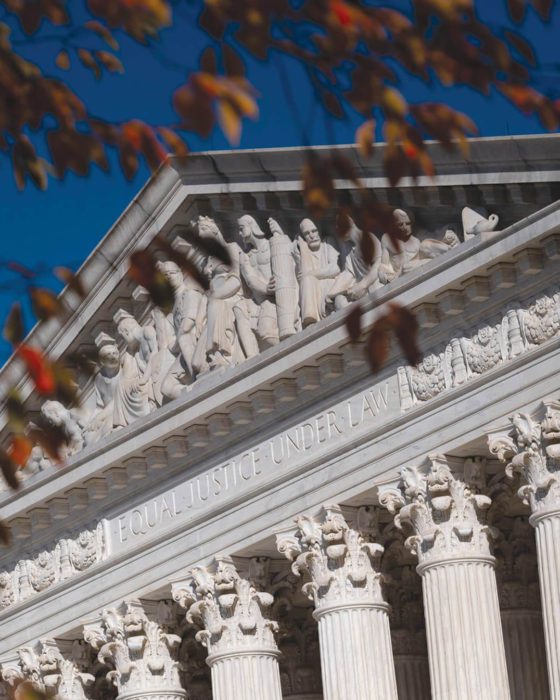Professor Erwin Chemerinsky is a sharp critic of the U.S. Supreme Court and the police—more specifically, abuse of power by the police. He boldly tackles both institutions in his 14th book, Presumed Guilty, How the Supreme Court Empowered the Police and Subverted Civil Rights. Chemerinsky charges that the highest court in the land is a virtual coconspirator when it comes to enabling and empowering police brutality against African Americans.
The New York Times hailed him as “a constitutional scholar and much-admired teacher…one of the shining lights of legal academia…[who] work[s] tirelessly for civil liberties.” Chemerinsky’s clients have included Valerie Plame Wilson, the CIA agent outed by George W. Bush’s Administration; alleged al Qaeda terrorist Salem Abdul Salem Ghereby, imprisoned at Guantanamo Bay; and the National Organization for Women. He has also sued President Trump for refusing to divest from his businesses. Remarkably consistent throughout his work is his shining commitment to individual rights as set forth in America’s founding document.
I first encountered Chemerinsky around 1999, when I contributed to “The Finger” column of New Times LA and the professor taught at USC’s Gould School of Law, one of his many key academic positions. Chemerinsky was the “go-to guy” for clear quotes about the law that turned complex legalese into understandable language for layman readers. We recently renewed our acquaintance via an in-depth phone call to the Bay Area, where Chemerinsky has served since 2017 as the Dean, University of California, Berkeley, Law School and the Jesse H. Choper Distinguished Professor of Law at Berkeley Law. Decades after our first interviews, Erwin Chemerinsky didn’t disappoint, still answering questions with his no-hold-barred, crisp and to-the-point critiques of the Supreme Court, law enforcement, and the state of justice— and injustice—in America today.
HUSTLER: The title of your new book, Presumed Guilty, How the Supreme Court Empowered the Police and Subverted Civil Rights, challenges the premises that American justice is supposedly predicated on: the presumption of innocence and equal justice under the law. Tell us about your new book.
ERWIN CHEMERINSKY: There are many constitutional provisions that are meant to constrain the police: the Fourth Amendment, that limits police stops, arrests and searches; the Fifth Amendment, that limits how police can question, because of the privilege against self-incrimination. Due process, that’s supposed to limit how police handle eyewitness identifications. And yet what I argue is that throughout American history the Supreme Court has not enforced these provisions to constrain the police. Quite the contrary—what the Supreme Court has done is empower the police. To pick an example, it is not hyperbole to say that now police can stop and search virtually anyone at any time without violating the Constitution. Presumed Guilty is trying to suggest ways forward for reforming police, even though there will be a very conservative Supreme Court for a long time to come.































